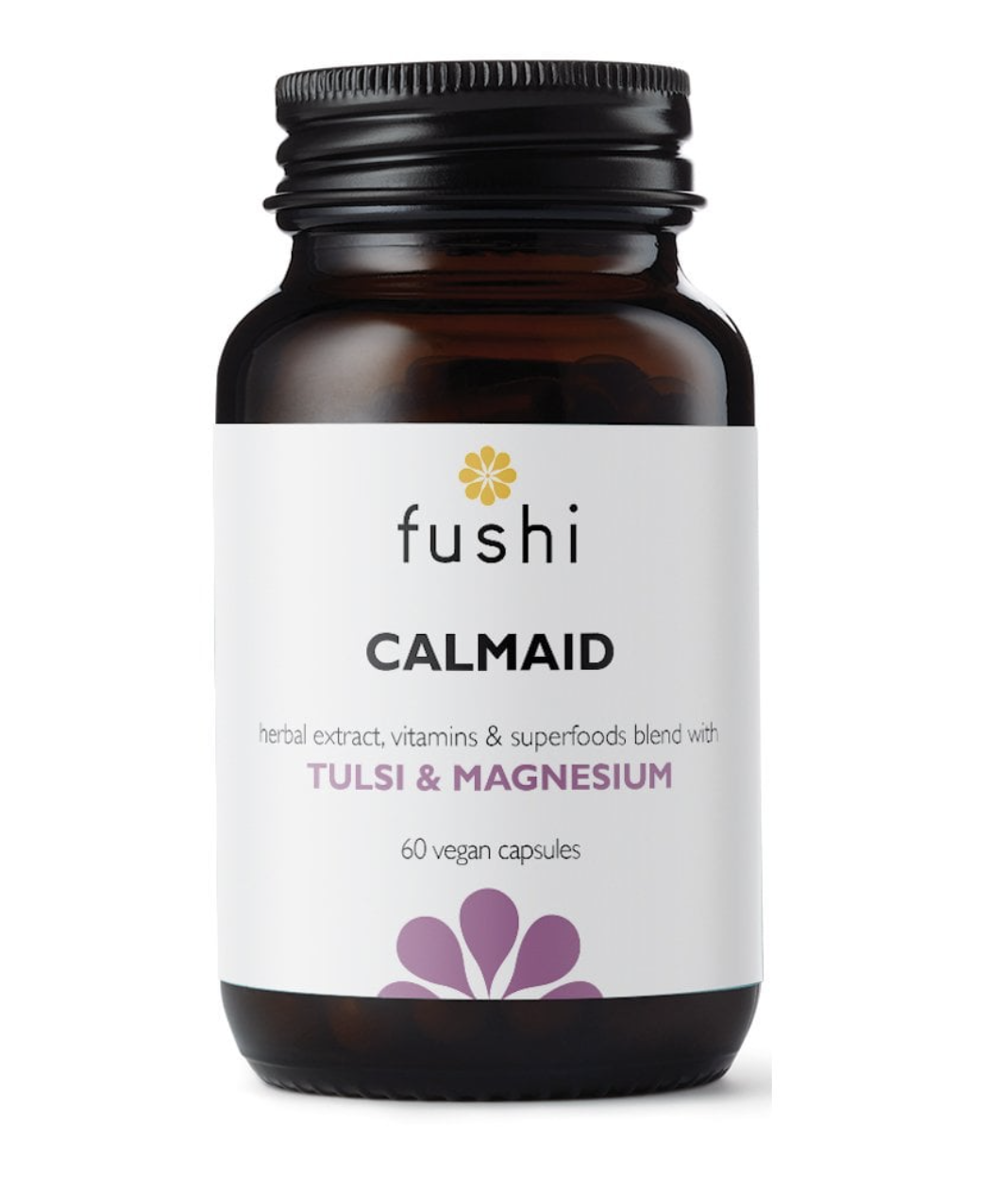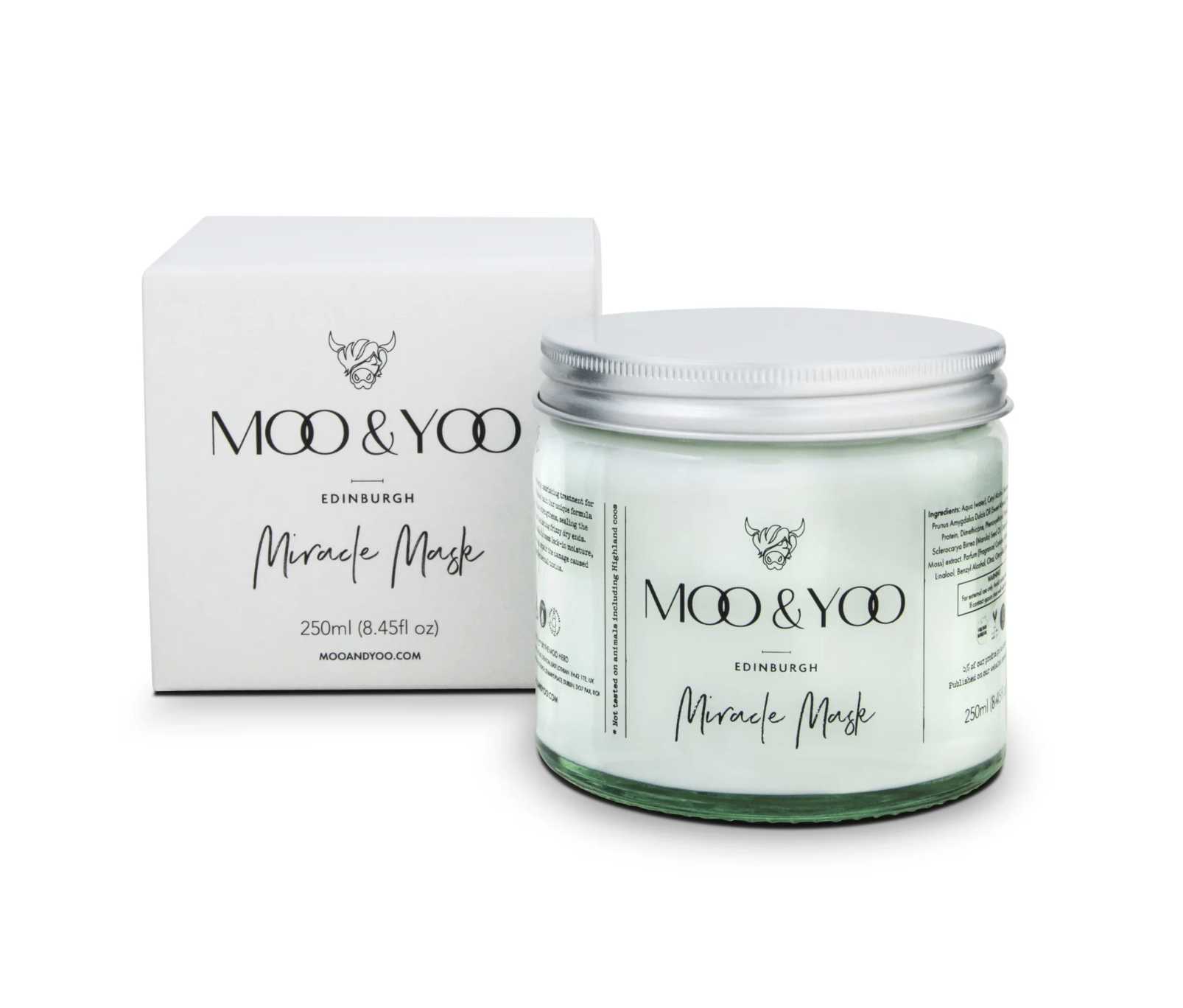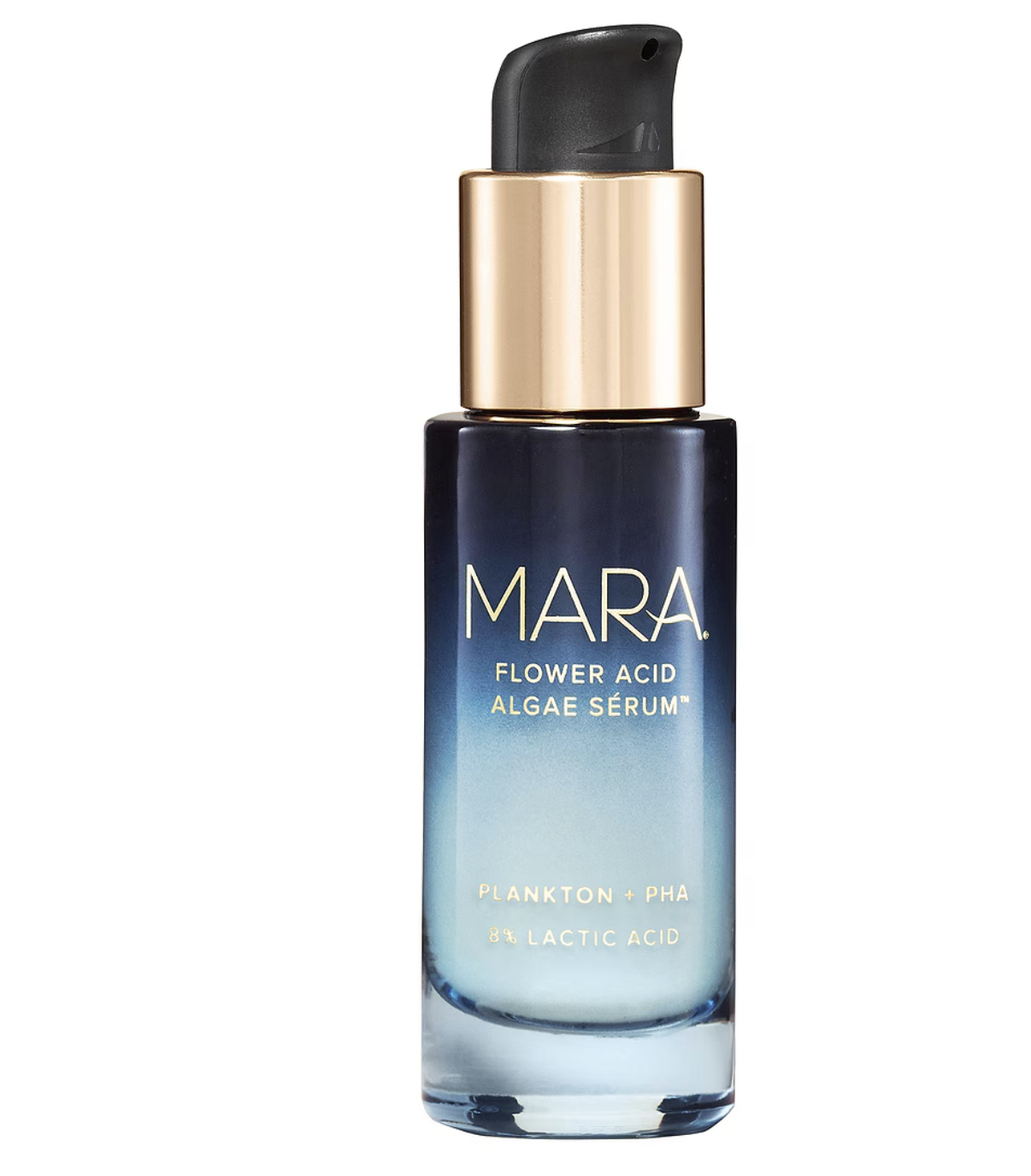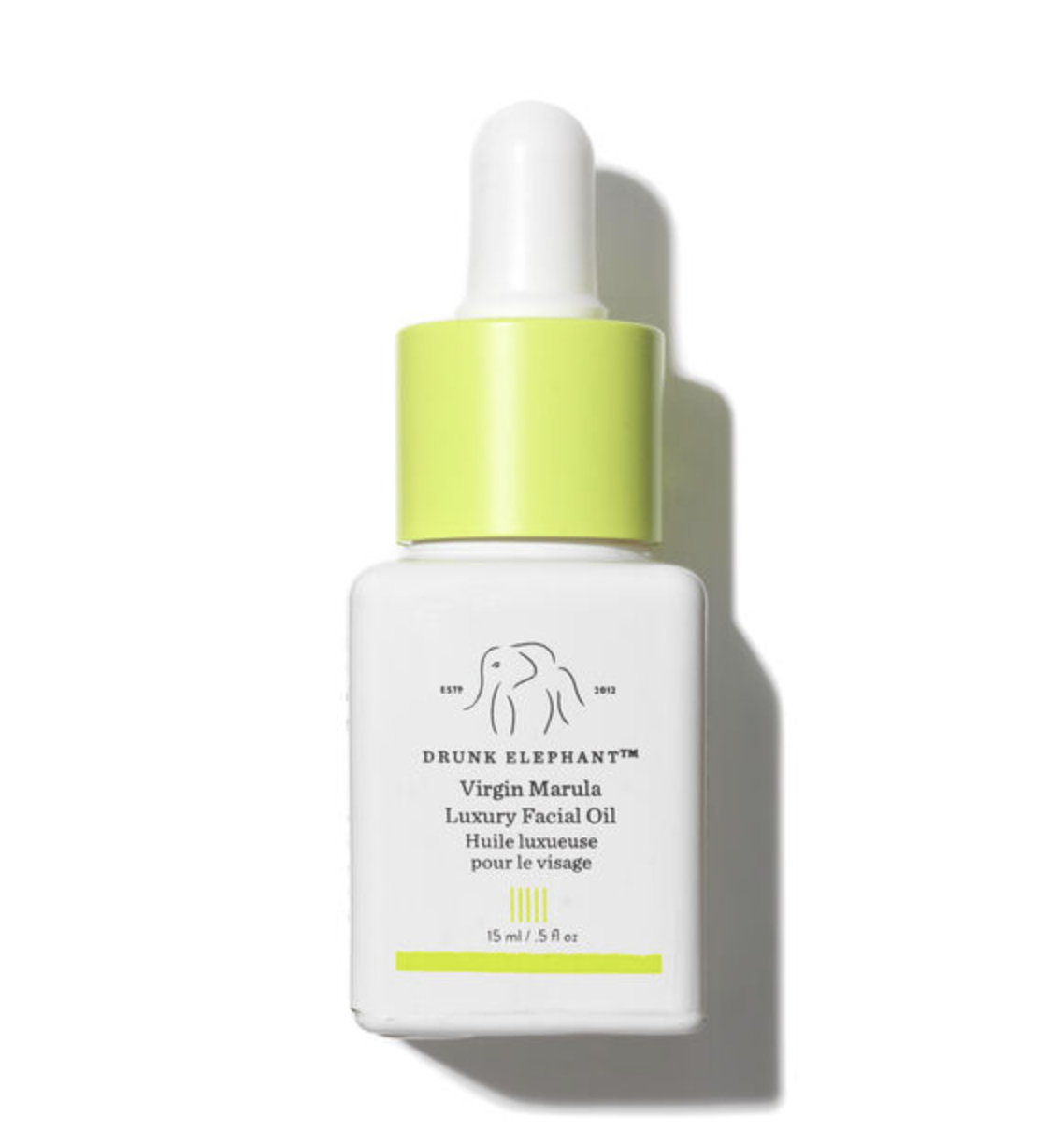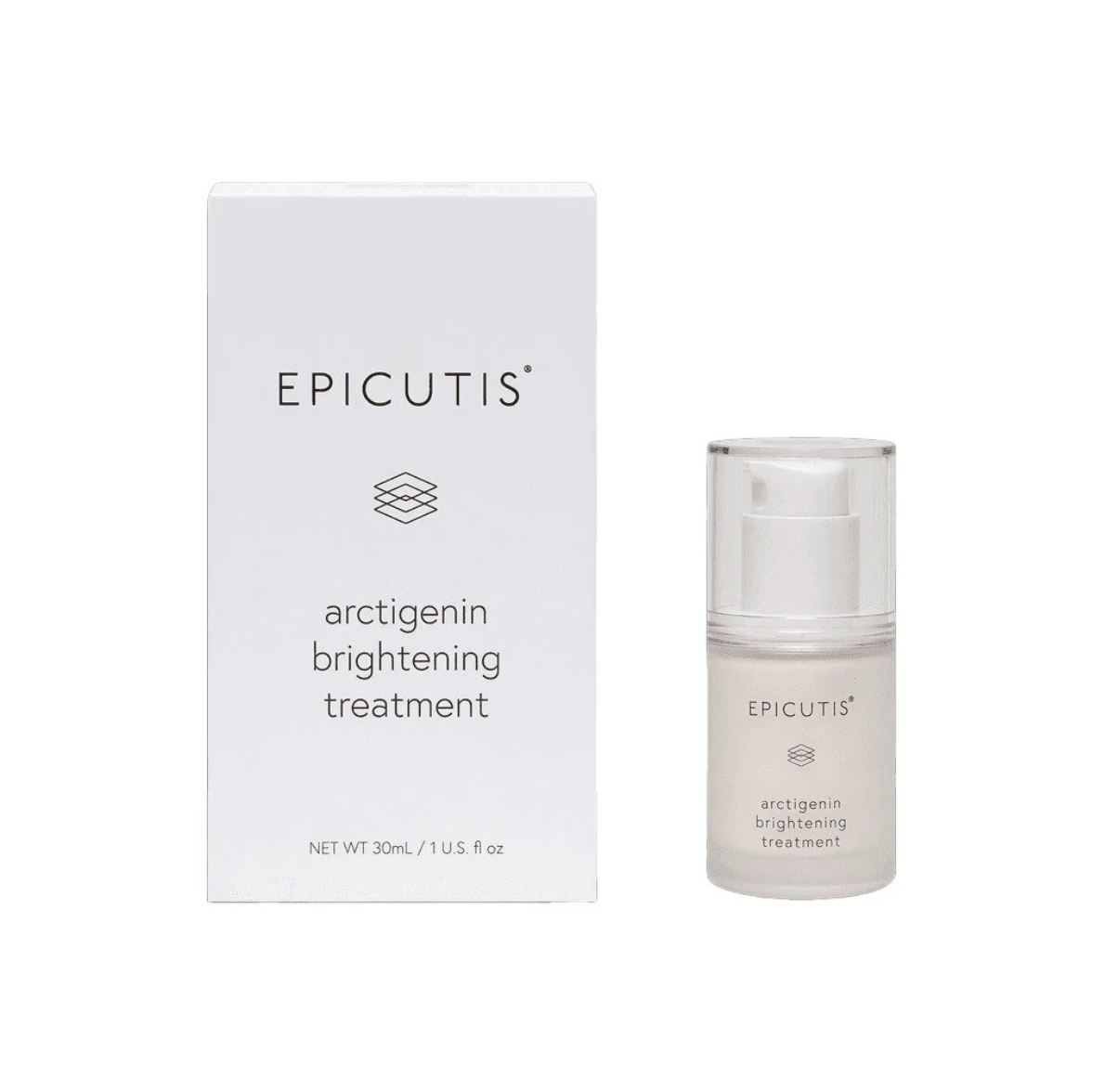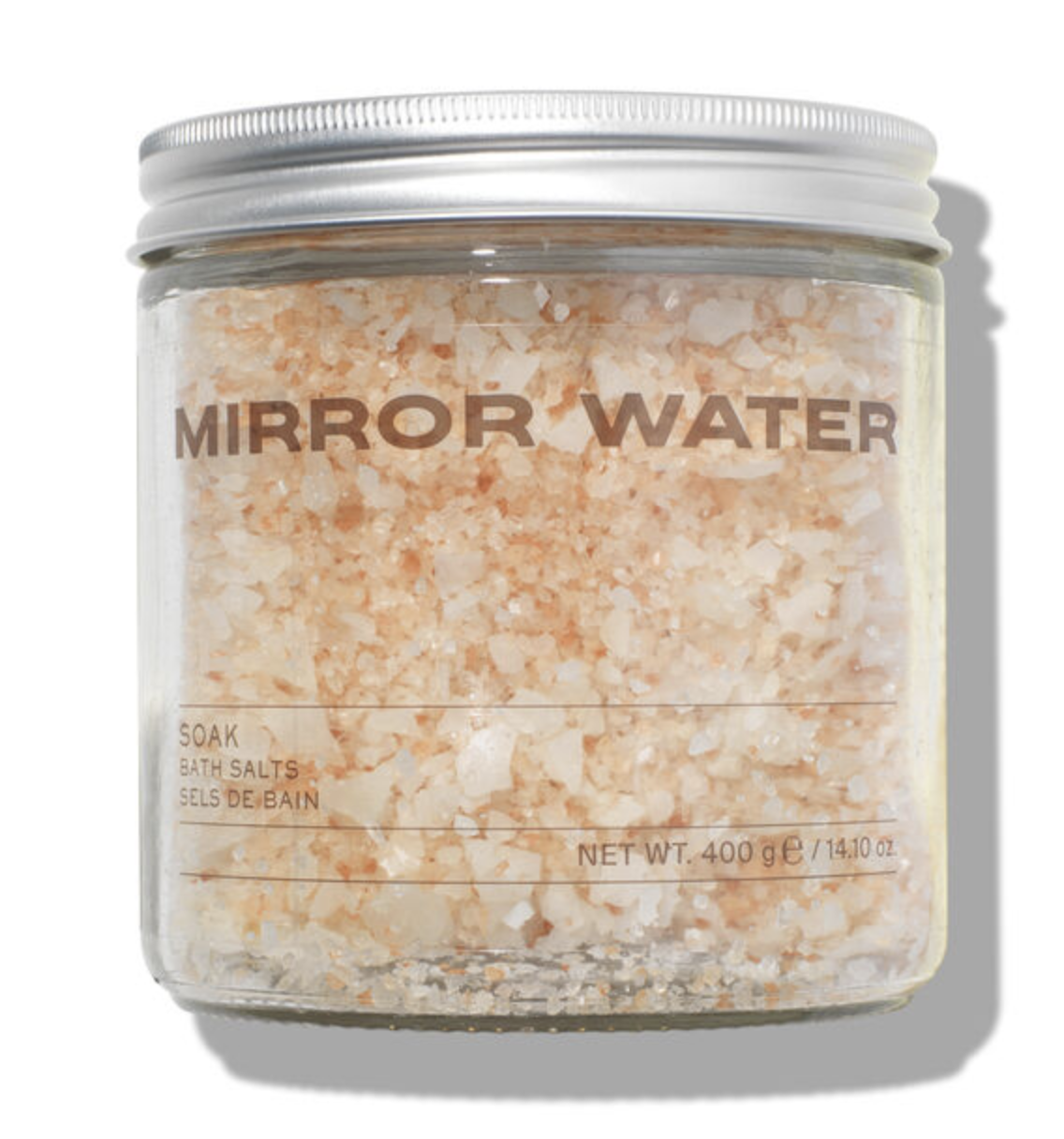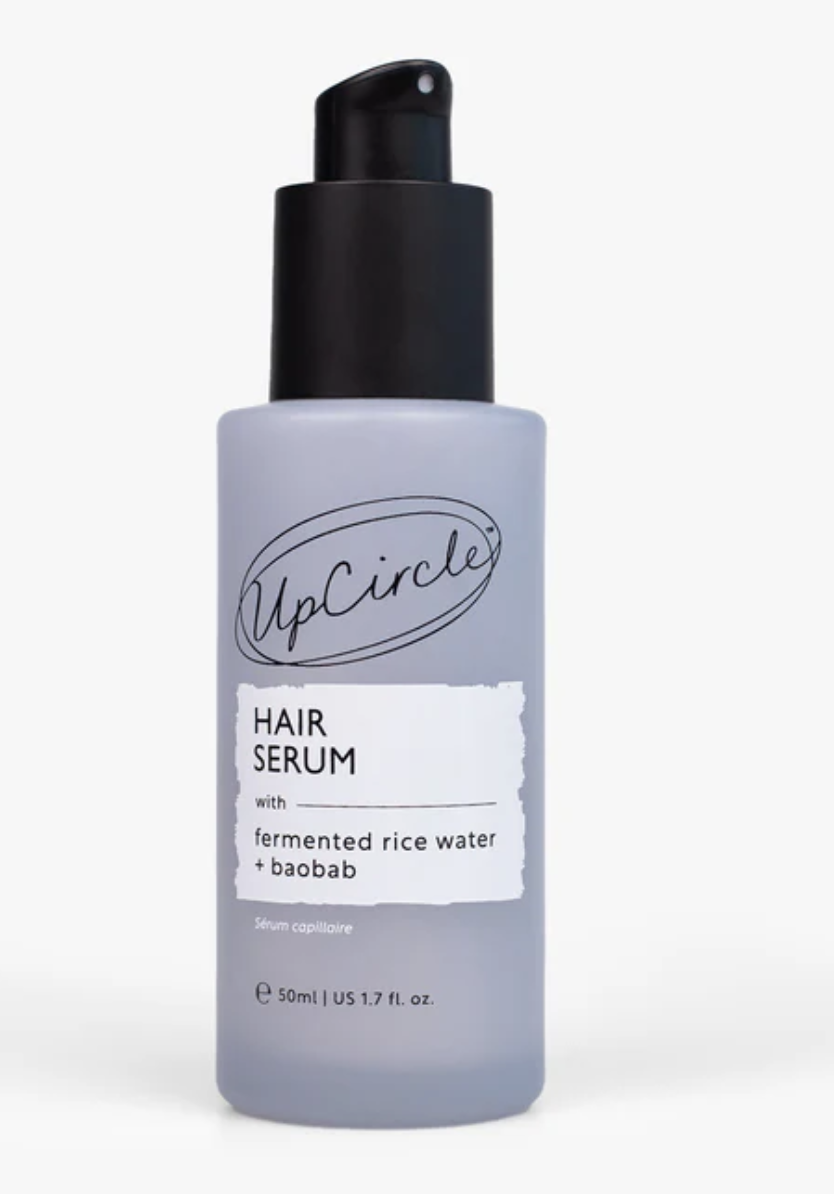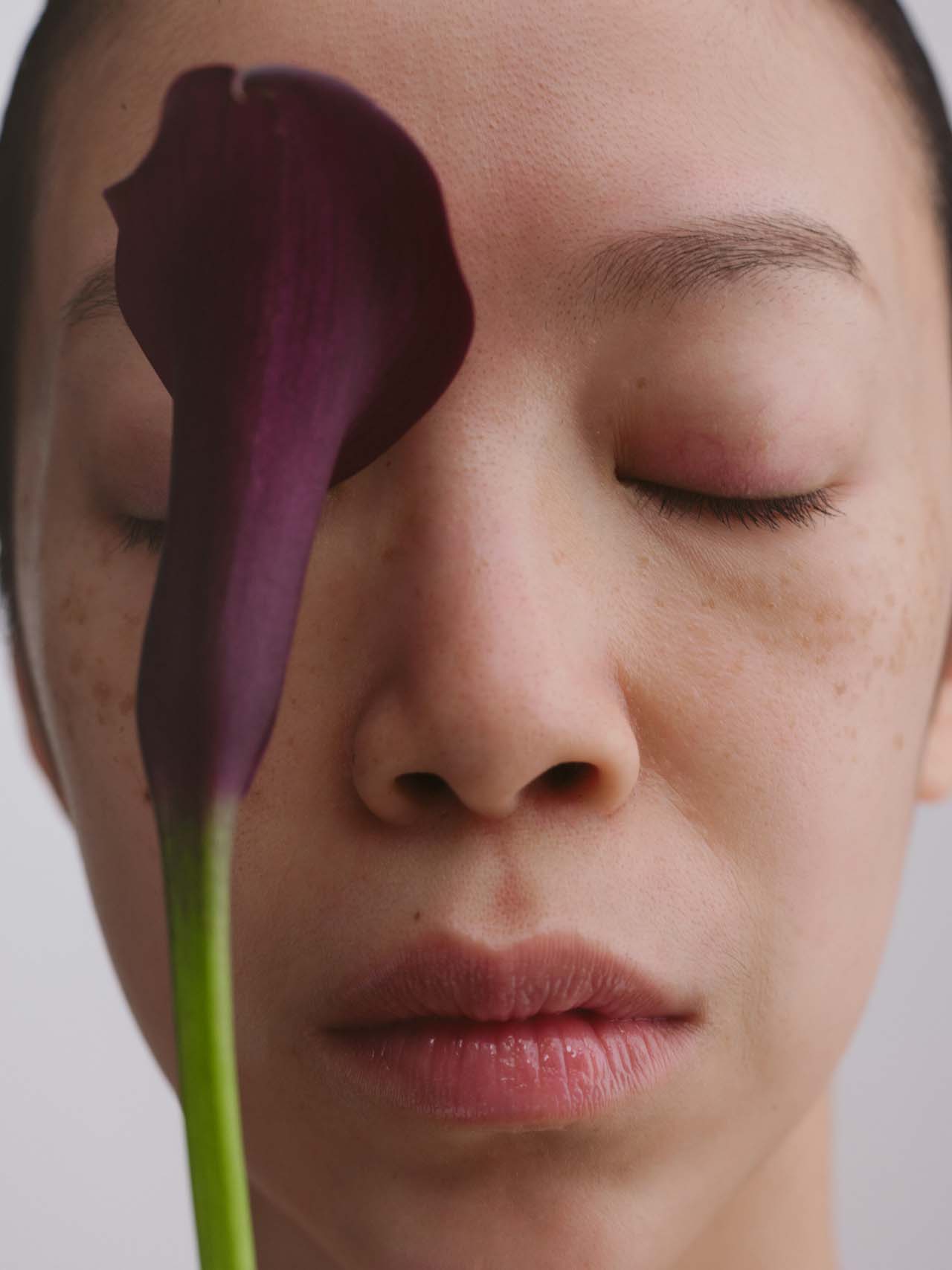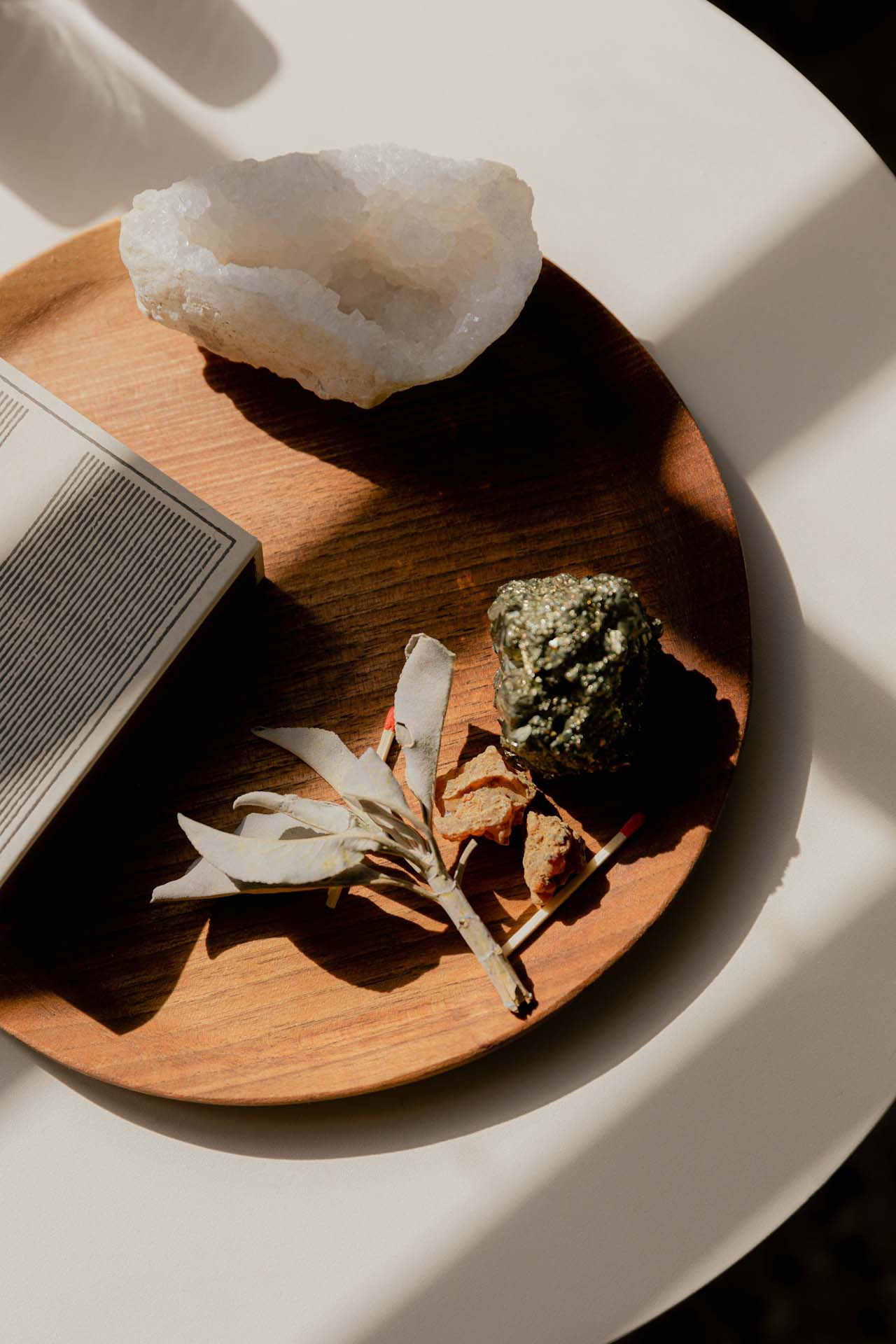
Do You Need A Sleep Solution?
LC to add.
Sleep is such a fundamental pillar of health, yet so many people don’t even realise how tired they actually are. Their rhythms are disrupted, fatigue becomes normalised, and this lack of sleep affects every system in the body. Physically, it weakens the immune response, disrupts hormones that regulate stress and metabolism, and increases oxidative stress at the cellular level. Mentally, it impairs focus, memory, and emotional balance, leaving people more anxious or irritable. Over time, chronic sleep deprivation is linked with higher risks of metabolic and cardiovascular conditions, as well as mood disorders. Essentially, without quality sleep, both body and mind struggle to function at their best.
Yet, sleep is shaped by many elements – from the light we’re exposed to in the evening, to the foods and drinks we consume, and the stress we carry into bed. Blue light from screens can delay the natural release of melatonin, while caffeine and alcohol interfere with sleep architecture, and irregular schedules also disrupt circadian rhythms.
Biochemically, sleep depends on a fine balance of hormones and neurotransmitters. Melatonin helps signal when it’s time to rest, cortisol should gradually decline in the evening, serotonin acts as a precursor for melatonin, and GABA helps calm the nervous system to allow deep rest. This means the nervous system is at the heart of sleep — specifically, the autonomic nervous system, which has two branches: the sympathetic side that keeps us alert and ready to respond, and the parasympathetic side that allows us to rest and restore.
For healthy sleep, the body needs to shift into parasympathetic dominance – slowing the heart rate, relaxing the muscles, and quieting the mind. When stress is high, the sympathetic branch stays switched on, making it much harder to fall asleep or stay asleep. Supporting the nervous system’s ability to rebalance is therefore essential for achieving deep, restorative rest.
Because of this, some people struggle more than others, as these systems can easily be thrown off – chronic stress keeps cortisol high, poor diet can deplete nutrients essential for neurotransmitter balance, and modern lifestyles disrupt natural rhythms. Over time, this makes restorative sleep harder to achieve.
So, you’re probably wondering, what can we do to help? Well, we can start with what’s now called ‘sleep hygiene’. Implementing a few evidence-based habits can help set the body up for rest:
- Limit blue light in the evening – reducing screen use and bright artificial light helps the brain release melatonin naturally.
- Create a calm bedtime routine – activities like light reading, gentle stretching, or breathing exercises tell the nervous system it’s time to shift into rest mode.
- Keep the bedroom environment sleep-friendly – cool, dark, and quiet conditions promote deeper sleep.
- Watch food and drink – avoid heavy meals, caffeine, and alcohol in the hours before bed, as they can disrupt sleep cycles.
- Stay consistent – going to bed and waking up at regular times helps stabilise the circadian rhythm.
And if you’re still struggling to get good sleep, it may be worth considering supplementation — the final piece of the puzzle that was needed in my own sleep solution. As a long-term fragile sleeper, I would easily drift off but found it really hard to go back to sleep when I woke up in the middle of the night. As a result, I struggled to feel energised in the morning regardless of how many hours I slept, and had very poor sleep efficiency, especially during stressful times.
With a strong awareness of how important sleep is for overall wellbeing — and having witnessed my mother struggle with her sleep my whole life — I wanted to create one clear solution: a clean, natural product, without hormonal disruption, but complete in the way it supports the mechanisms of sleep. The goal was to simplify the evening routine while making it truly effective, because a good night of sleep is not just about the night – you see the benefits the next day, in a rested body, sharper focus, and a more balanced emotional state.
Enter: Diome and our Rested supplement — a non-hormonal, science-backed evening capsule designed to support sleep through four complementary pathways. It provides key nutrients involved in the synthesis and signalling of calming neurotransmitters (notably the GABA and serotonin pathways), which help reduce mental overactivity at bedtime and support smoother sleep onset. It also contains calming botanicals traditionally used for rest (California poppy, chamomile), which help the body shift from the alert, sympathetic state into parasympathetic “rest-and-restore” mode. And it helps protect cellular function with antioxidant and micronutrient support (e.g. magnesium, selected B-vitamins, zinc, plus targeted botanicals like Rosmarinus), which help counter oxidative stress that can accumulate with poor sleep.
In a UK real-world scientific study conducted under medical supervision in 2025 with 100 participants, results showed improvements in sleep initiation and continuity (fewer night-time awakenings), and participants described feeling more refreshed on waking. They increased their sleep duration from 5.4 hours to 6.5 hours per night after 30 days of supplementation — an average gain of more than 60 minutes per night (+54 minutes after the first week). Plus, 91% reported an improvement in sleep quality, 91% reported improved energy and vitality, and 81% noticed better concentration during the day. The results really do speak for themselves.
I truly believe that when people sleep better, they live better. We’re more focused, more resilient, and more present in our daily lives. And if you aren’t getting enough hours in, it’s time to take real action.
No items found.


